This introductory course is designed to provide an understanding of the impact building materials can have on human health. The course will challenge professionals to ask questions about the materials they specify, and will offer suggestions for how they can address these issues in their workplace. This introduction is situated in the context of design practice, with additional information presented as the course progresses. Recommended as the first course in a four-course series.
What You Will Learn
- Understand the relationships between human health, building materials, chemical toxicity, and environmental exposures
- Ability to integrate these issues within the greater context of building materials and environmental health
- Ability to identify the health and environmental impacts that building products can have throughout their life cycle
- Apply strategies for addressing the issues around materials and health in design practice
Benefits
- 4 AIA CEU HSW Credits
- 4.5 IDCEC CEU HSW Credits
- 4.5 GBCI CEU Credits
- Gain scientific understanding and knowledge of material health from a design perspective
- Enhance your personal design language with technical information
- Learn relevant information directly from designers: the course was created by designers, for designers, with a design perspective
- Diversity of expertise of featured advisors provides a holistic approach to the topic
Contributors
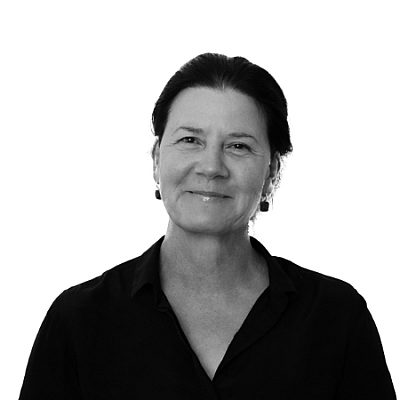
Alison Mears
Executive Director and Co-Founder, Healthy Materials Lab
AIA, LEED AP
Full Bio
As Executive Director of the Healthy Materials Lab, Alison leverages her practice-based experience as an architect and her knowledge and experience as a long-term academic leader to confront one of the more serious and often overlooked environmental challenges of our time: the health of the built environment. How do we make profound and long-term changes to everyday design practice to create truly healthy buildings, especially for those in the most need of affordable housing? HML creates resources, educational programming, and prototypical innovative housing models for a new post-petroleum world. Alison is co-Principal Investigator of the Healthy Affordable Materials Project (HAMP). The Project is a long-term coalition of four organizations that work together to remove harmful chemicals from the built environment. She is also the recipient of multiple grants that support the work of the Lab.
Alison’s work draws from The New School University’s long tradition of commitment to promoting community-based sustainability, social engagement, and environmental justice, especially in her teaching in architectural design studios at Parsons. She lectures widely disseminating current thinking within the field of material health.
Alison Mears and Jonsara Ruth were awarded the 2022 Women in Architecture Innovation Award from Architectural Record and co-edited the 2023 publication Material Health: Design Frontiers.
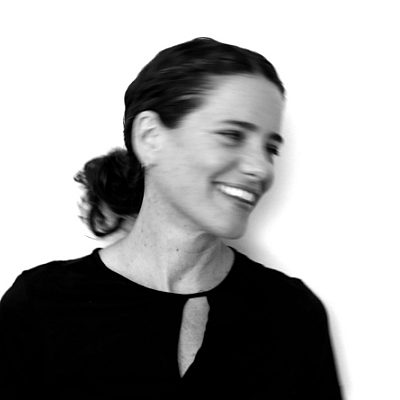
Jonsara Ruth
Executive Design Director & Co-Founder, Healthy Materials Lab
ASID, IIDA
Full Bio
Jonsara Ruth is co-founder and Executive Director of Healthy Materials Lab (HML) at Parsons School of Design, where she is an Associate Professor and Founding Director of the MFA Interior Design program. At HML, Jonsara brings creative leadership to the ambitious goal of improving the health of underserved communities through the transformation of design and material practices. Drawing from over a decade as a designer in the furniture and interiors industries, Jonsara brings her understanding of manufacturing, supply chains, labor practices, and a penchant for democratic design to her roles at HML and Parsons. She draws from her artistic practice to creatively lead, motivate change, and inspire new methods for making and imagining futures.
She founded Salty Labs, a design collective, to experiment and implement ideas of circularity with healthy, low-carbon materials and strategies, working closely with local artisans to design interiors, furniture, and experiences. With Q Collection Junior, she designed the world's first Greenguard Certified crib for children. Her work is seen internationally in numerous publications, exhibitions, and people’s homes. Jonsara’s lifelong creative goal is to serve society and culture through her work.
Jonsara graduated with a Master of Architecture from Cranbrook Academy of Art and a BFA in Industrial Design from Rhode Island School of Design, and currently serves on the board of the Sustainable Furnishings Council.
Together with Alison Mears, Jonsara was awarded the 2022 Women in Architecture Innovation Award.
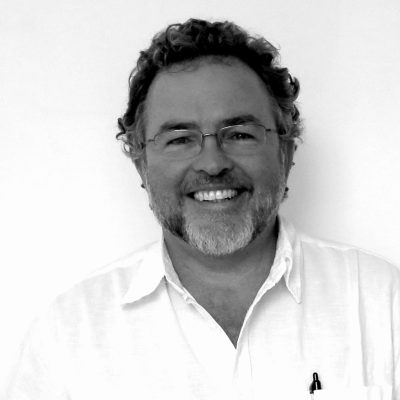
Bill Walsh
Founder and President, Healthy Building Network
Full Bio
Bill Walsh is the Founder and President of the Healthy Building Network (HBN). He is a Visiting Professor at Parsons The New School for Design, and a founding Board Member of the Health Product Declaration (HPD) Collaborative. In 2012 Bill received the US Green Building Council’s Leadership In Advocacy Award and was named a Fellow at the Lowell Center for Sustainable Production at the University of Massachusetts. In 2013 Bill was awarded the Healthy Schools Hero by the Healthy Schools Network. Previously he served as a national campaign director at Greenpeace USA, and held staff attorney positions with the US Public Interest Research Group and the Institute for Public Representation at Georgetown University Law Center. He holds a J.D. from Northeastern University School of Law and LLM in Public Interest Advocacy.
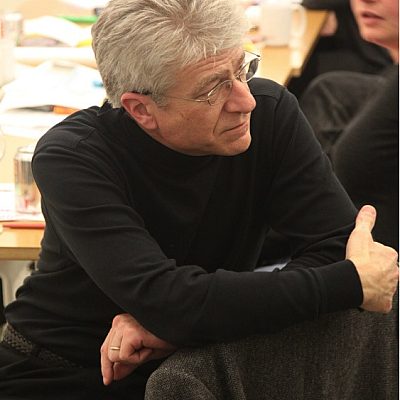
Russ Perry
Former Director of Sustainable Design, SmithgroupJJR
FAIA, LEED Fellow
Full Bio
Russell Perry is an architect, a Fellow of the American Institute of Architects, and a LEED Fellow. He has been focused on sustainable design for the past 22 years as a founding partner of the pioneering consultancy William McDonough + Partners and subsequently as the Director of Sustainable Design for SmithGroupJJR, a 1200-person AE firm. He is currently engaged exclusively in initiatives concerning materials and human health. He is a founding member of the Board of Directors of the Health Product Declaration Collaborative, developers of the reporting tool that is standardizing industry-wide communication of building material ingredients. Russ brings this expertise to his role as a founding member of the AIA Materials Knowledge Working Group.
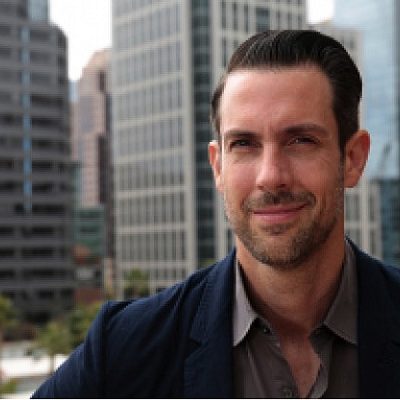
Lewis Perkins
President, Cradle to Cradle Certified™
Full Bio
A long-time advocate for “doing the right thing,” Lewis Perkins is a champion for sustainability – personally and professionally. Prior to joining the Cradle to Cradle Products Innovation Institute, Lewis consulted for companies both big and small on creating programs and awareness for environmental and social initiatives. Perkins led the "green" charge as Director of Sustainable Strategies for The Mohawk Group, a leading carpet manufacturer and commercial division of Mohawk Industries. He continues to draw on this passion and experience to help advance the Institute’s mission of scaling Cradle to Cradle Product Certification worldwide.
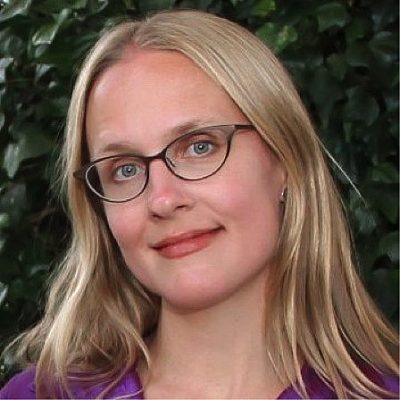
Amanda Kaminsky
Founder, Building Product Ecosystems LLC
Full Bio
Amanda Kaminsky is Founder of Building Product Ecosystems—multi-disciplinary collaboratives that evolve code, infrastructure, and field logistics for optimal systemic health and performance of major building materials. Improvements to product and process are carefully piloted on projects under current development via regular convening of buyers and their manufacturers, recyclers, contractors, designers/engineers, policy makers, and academic researchers.
Before and during the early stages of BPE, Amanda led sustainable construction and procurement efforts at The Durst Organization. Amanda has collaborated extensively with project teams and supply chains on new and existing commercial and residential buildings to optimize materials and systems design, procurement, and building processes from project inception through construction and into ongoing operations. In collaboration with DSNY, she also managed New York City’s first high rise residential organics collection/compost program. Amanda Chairs the Health Product Declaration Collaborative board, and is a director on the board of Healthy Building Network.
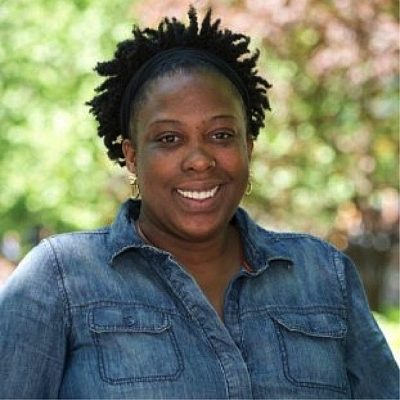
Ogonnaya Dotson-Newman
Program Officer, Environment, The JPB Foundation
Full Bio
Ogonnaya Dotson Newman is a senior program officer in the Environment program at The JPB Foundation. Ogonnaya manages the environmental health portfolio focused on detoxifying natural systems and the build environment by eliminating indoor and outdoor pollutants. Ogonnaya comes to JPB with years of experience in community-based participatory research, partnership and collaboration for organizing around complex environmental issues and environmental justice.
Most recently, Ogonnaya was the Assistant Director of Public Housing and Health based at the New York City Housing Authority and the New York City Department of Health and Mental Hygiene. Ogonnaya holds a Master of Public Health with a focus on Environmental Health and a certificate in Health Geoinformatics.
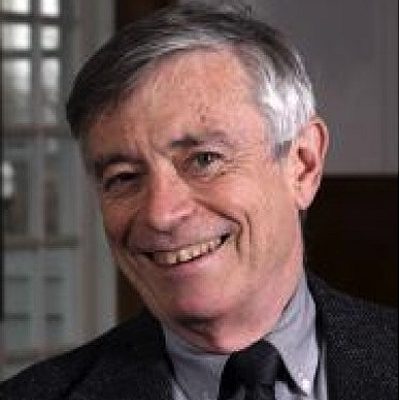
Ken Geiser
Professor Emeritus of Work Environment, University of Massachusetts Lowell
Full Bio
Ken Geiser is Professor Emeritus of Work Environment at University of Massachusetts Lowell, and a founder and past director of the Massachusetts Toxics Use Reduction Institute and the Lowell Center for Sustainable Production. His research and writing focus on cleaner production, pollution prevention, toxic chemicals management, international chemicals policy, safer technologies, and green chemistry. He is the author of Materials Matter: Towards a Sustainable Materials Policy and Chemicals without Harm, Policies for a Sustainable World. Ken was also one of the lead authors of the 2013 United Nations Global Chemicals Outlook.
Ken is a founding board member of National Toxics Campaign,Environmental Health Strategy Center, Healthy Building Network, International Campaign for Responsible Technologies, and Story of Stuff. He is currently the Chair of the Board of both Clean Production Action and Coming Clean, and has served as a Co-Chair of California’s Green Ribbon Science Panel and a Senior Fellow with the U.S. Green Building Council.
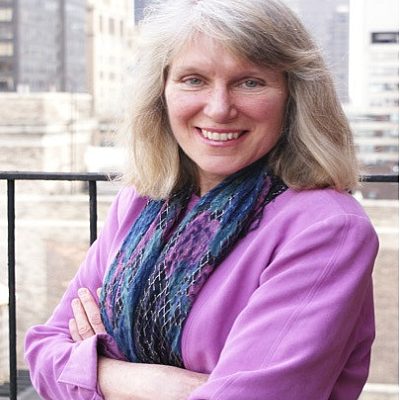
Catherine Bobenhausen
Senior Consultant, Colden Corporation
CIH, CSP, LEED AP BD+C, AIHA Fellow
Full Bio
Catherine Bobenhausen is Senior Consultant in New York City, with the occupational health and safety firm, Colden Corporation. She is recognized by the U.S. Green Building Council as a subject matter expert for indoor air quality testing and building product emissions. A certified industrial hygienist, Fellow in the American Industrial Hygiene Association, and an Authorized GreenScreen Practitioner, Catherine has co-chaired the Harmonization working group of the Health Product Declaration Collaborative. She holds a Master of Science, Toxicology Option, from New Jersey Institute of Technology Institute of Hazardous & Toxic Waste Management, with graduate coursework from two medical schools.
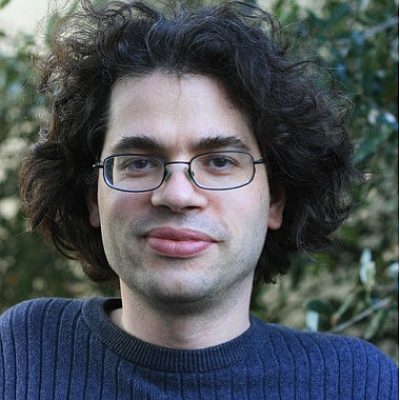
Jeffrey Seigel
Professor of Civil Engineering, University of Toronto
Full Bio
Jeff is a professor in the Department of Civil Engineering at the University of Toronto, and he also holds an appointment at the Dalla Lana School of Public Health. Previously an associate professor at the University of Texas, Austin for 10 years, Jeff’s research focuses on healthy and sustainable buildings, control of indoor air pollutants, and ventilation and indoor air quality in residential and commercial buildings. He is also keenly interested in ensuring that good research works its way into public education and practice. Dr. Siegel has a Ph.D. and M.S. in Mechanical Engineering from the University of California, Berkeley, and a B.S. in Engineering from Swarthmore College. He is a prolific researcher, speaker, and an active member of the ISIAQ (International Society for Indoor Air Quality and Climate) and ASHRAE (American Society of Heating, Refrigeration and Air-conditioning Engineering).
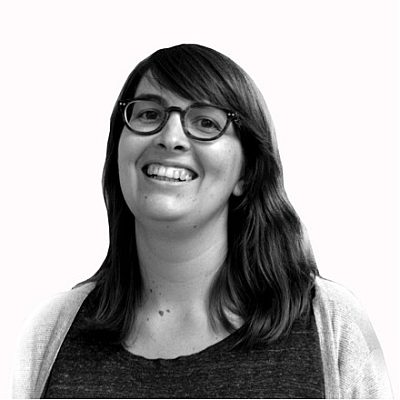
Darcy Bender
SF Shines Project Manager, City and County of San Francisco
Full Bio
Darcy Bender is a designer living in San Francisco. She holds a Bachelor's of Architecture from the University of Oregon and a Master's in Design and Urban Ecology from Parsons School of Design. She has experience working in affordable housing construction, retail display, academic research, and municipal government. With these varied perspectives, her work aims to make connections across scales, geographies, and cultures. She has a keen interest in understanding systems of waste and how they are present in our everyday lives. Darcy's work examines the social and technical infrastructures that shape waste landscapes and influence the health of human and non-human entities. She currently works as a Project Manager for the City and County of San Francisco.
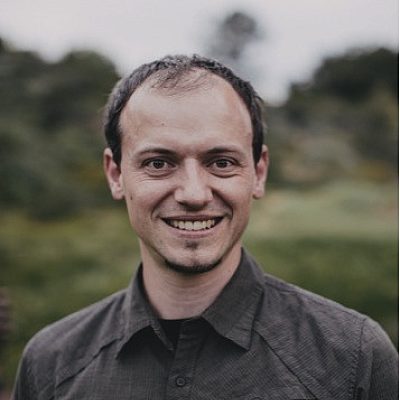
Mikhail Davis
Director of Restorative Enterprise, Interface
Certified Biomimicry Specialist
Full Bio
Mikhail Davis is Director of Restorative Enterprise at Interface, the world’s largest manufacturer of modular carpet. He is responsible for advancing Interface’s globally recognized Mission Zero and Climate Take Back commitments in the Americas by building internal leadership capacity and creating external partnerships. He also chairs the LEED Materials & Resources Technical Advisory Group for the US Green Building Council.
Previously, Mikhail served as environmental icon David Brower’s manager, and spent five years with Blu Skye Sustainability Consulting building sustainable business strategies for Fortune 500 companies. He holds a B.S. in Earth Systems from Stanford University and is a certified Biomimicry Specialist.
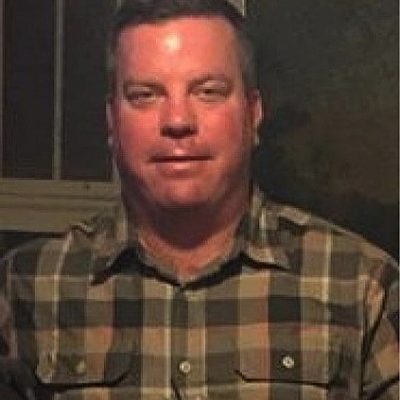
Sean Ragiel
Founder & President, CarpetCycle LLC
Full Bio
Sean Ragiel has more than 18 years of comprehensive experience in the daily operations, management, and analysis of waste management processes. In addition to his previous roles with The Composting Council and Kennedy and Donkin, Rust Ltd., Sean served as an implementation manager for Waste Management Inc., leading initiatives to increase collection productivity and reduce operating costs. His deep passion for and extensive knowledge of the field inspired him to found CarpetCycle in 1999. Today, more than 200-million pounds of carpet and post-consumer materials have been diverted from landfills since the company's inception. Sean has a bachelor of science in biological sciences from Carnegie Mellon University and is a proud member of the Carpet America Recovery Effort (CARE) Board of Directors.

Dr. Maida Galvez
Associate Professor of Environmental Medicine and Public Health and Pediatrics, Mount Sinai
Full Bio
Dr. Maida Galvez is an Associate Professor of Environmental Medicine and Public Health & Pediatrics and Director of the Region 2 Pediatric Environmental Health Specialty Unit at Mount Sinai. Through the Environmental Pediatrics Fellowship at Mount Sinai, she was one of the first trainees in Environmental Pediatrics in the United States. She currently works as the Assistant Director of Community Engagement for the Mount Sinai NIH Clinical Translational Science Award, the Assistant Director of the Community Engagement Core for the NIEHS P30 Transdisciplinary Center for Early Environmental Exposures at Mount Sinai, and as a member of the CDC/APHA National Environmental Health Partnership Council. Dr. Galvez previously served on the EPA’s federal advisory board for the Office of Children’s Health Protection, and as president of District 2 Chapter 3 of the American Academy of Pediatrics. She was a recipient of the 2016 EPA Environmental Champion Award and was recently inducted into the Delta Omega Public Health Honor Society.

Wendy Vittori
Executive Director, Health Product Declaration Collaborative
Full Bio
Wendy Vittori joined the Health Product Declaration Collaborative as Executive Director in May 2015. An accomplished business executive, Ms. Vittori was most recently founder and principal consultant of Vittori Consulting LLC, which provides executive counsel on innovative approaches for strategic management and organization performance to organizations in the private, public and non-profit sectors. In this capacity she was engaged with the HPDC as a strategic advisor from its inception. Previously, she was a senior executive with both Intel and Motorola, where she was a leader of open industry standards. She serves on several non-profit boards focused on the economic development of the Arizona-Sonora region, and is an associate faculty member at the ASU Lodestar Center for Philanthropy and Nonprofit Innovation Non-Profit Management Institute. Having begun her career as a software engineer, Ms. Vittori is a graduate of Harvard College, received her MBA from Northeastern University, and was a doctoral candidate at the Harvard Business School.
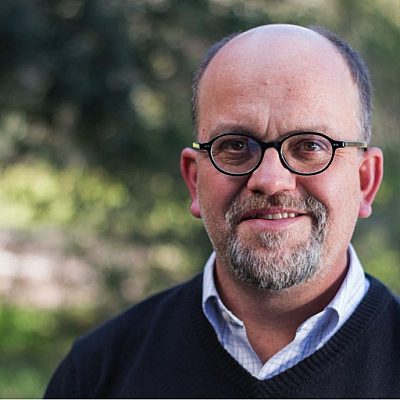
Jim Vallette
Research Director, Healthy Building Network
Full Bio
Jim Vallette works to understand and explain industry’s impacts on people and the planet. He has authored dozens of groundbreaking investigative reports, and his findings have supported major global policy developments (e.g., the Basel Convention ban on toxic waste trade and national and international finance bans on overseas fossil fuel extraction). As Research Director of the Healthy Building Network for the last decade, he helped develop its groundbreaking research about how building materials are made and their impacts on building occupants, construction workers, fenceline communities, and the global environment.